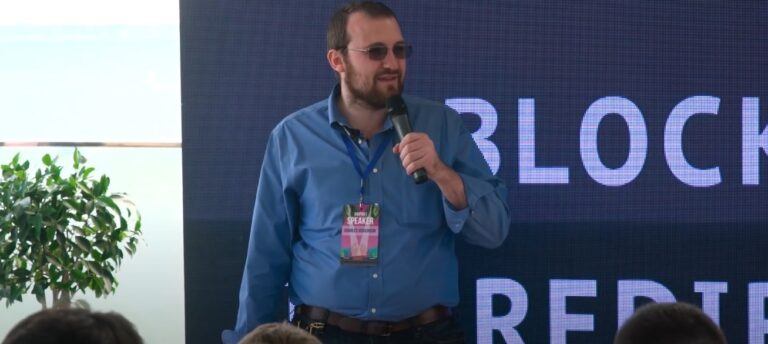Cardano ($ADA) Developer IOG Funds Blockchain Research Hub at Stanford University
Input Output Global (“IOG”), the blockchain technology firm behind Cardano’s research & development, is giving $4.5 over three years to Stanford University for a blockchain research center named “Stanford IOG Research Hub”.
According to Stanford University, the idea is to bring “IOG and inter-disciplinary academics from Stanford together to work on research projects which impact the blockchain industry at large.” Stanford says “funding applications are available to faculty, undergraduate and graduate students.”
A short time ago, the 30-minute “Kick-off Event” started. The steering committee consist of two IOG people — Charles Hoskinson (Co-Founder and CEO of IOG) and Aggelos Kiayas (Chief Research Scientist at IOG) — and six people from Stanford.
According to a report by CoinDesk, “in addition to Stanford, IOG has opened research labs and collaboration projects with the University of Edinburgh, University of Wyoming, University of Athens and Tokyo Institute of Technology” and apparently last year, “Cardano founder Charles Hoskinson donated $20 million to Carnegie Mellon University (CMU) to establish the Hoskinson Center for Formal Mathematics.”
Tim Harrison, vice president of Community and Ecosystem at IOG, told CoinDesk by email:
“Before the research hub, we previously donated $500,000 to fund their research into blockchain scalability. As one of the world’s leading academic institutions, Stanford is an ideal location for the hub… Healthy competition is a vital part of any growing industry, but especially in its early days, every player also needs to play its part in growing the space as a whole. Researchers at the university will be able to put forward innovative projects that will impact the blockchain industry.“
And IOG CEO Charles Hoskinson said in a statement:
“With the Research Hub, blockchain development can grow even faster, based on the new learnings that will emerge, and the hub will add a new layer of validity to our sector that we haven’t always been afforded.“
Source: Read Full Article


